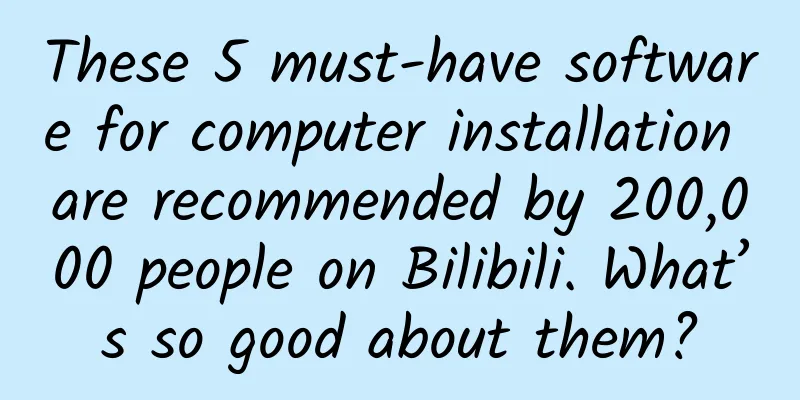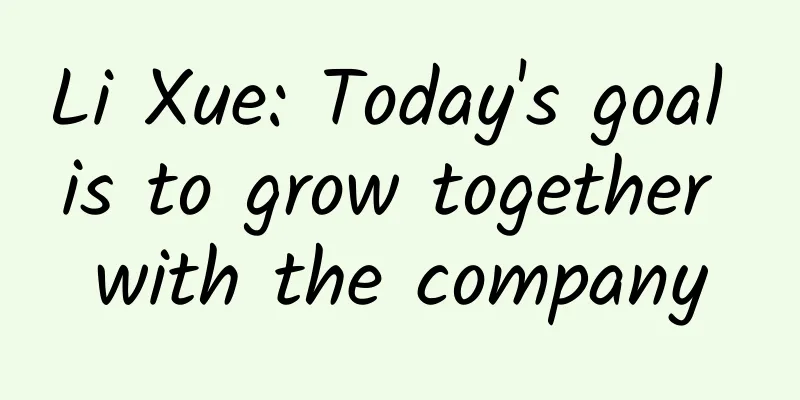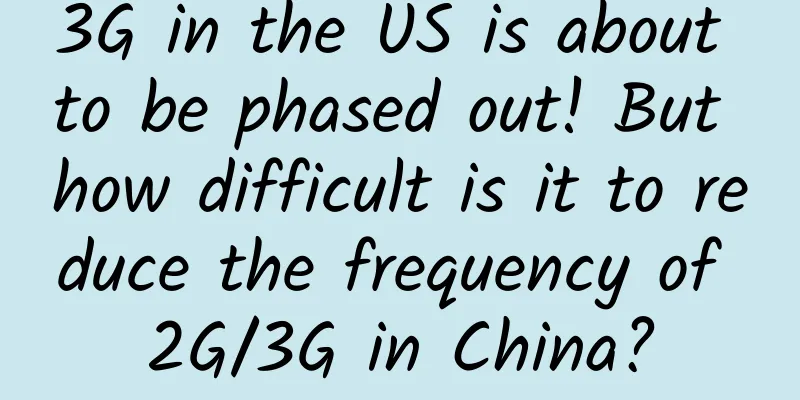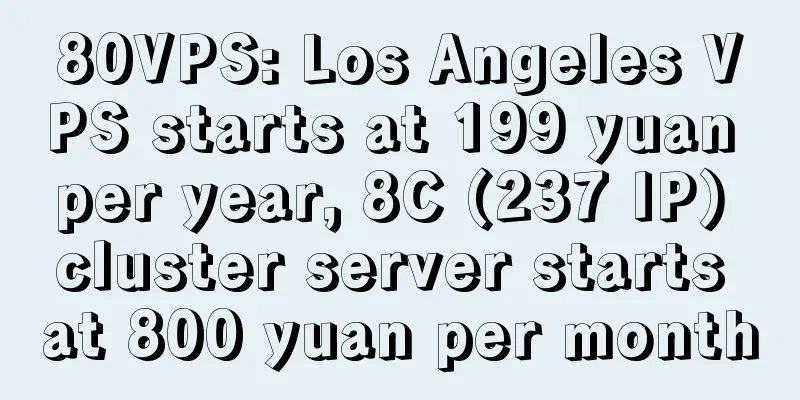The evolution of the Internet, the inevitability of blockchain
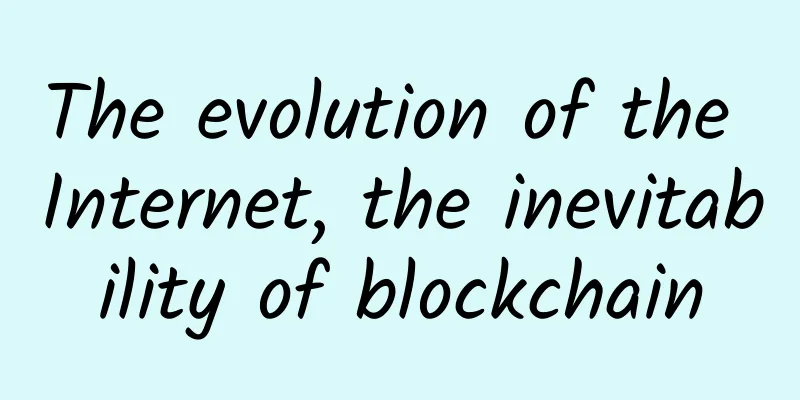
|
In the article "Bitcoin Prequel", it is mentioned that the market value of Bitcoin is far ahead of many digital currencies. What factors have contributed to its rising price? I will try to answer in subsequent articles. Now let's turn our attention to the technology behind Bitcoin - blockchain. Without the technical foundation of blockchain, Bitcoin is a castle in the air. The real innovation is not the digital currency itself, because it is essentially a string of numbers. The real change comes from the "trust machine" that mints currency. The extended significance of this innovation has far exceeded the scope of digital currency. Blockchain allows people to build trust for each other to collaborate without a central authority. Simply put, it is a machine for creating trust.
On October 31, 2015, The Economist published a cover article titled “The Trust Machine,” which brought the blockchain storm to the world, and blockchain was reborn from Bitcoin. The inevitable logic and historical mission of blockchain The development of the Internet must follow the needs of the times. What is the inevitable logic and historical mission of the rise of blockchain? To explore this issue, we need to establish a major premise: we are in the process of digitalization, and the digital economy, as a new economic form, has become the dominant force in economic and social development. Blockchain is an inevitable product of the development of the digital economy, and its emergence is to meet the various objective needs of social development. Digital economy refers to a series of economic activities that use digital knowledge and information as key production factors, modern information networks as important carriers, and the effective use of information and communication technologies as an important driving force for improving efficiency and optimizing economic structure. Under the influence of digital economy, production, management and circulation are the first to complete digitalization, and then various commercial economic behaviors and traditional industries and emerging industries are realized. Digital development improves the efficiency of economic operations in the whole society. The above definition is too academic and difficult for ordinary individuals to understand. Here is a simple translation: your assets can be digitized and participate in economic activities. If you still don’t understand, compare it to the current popular trend: knowledge monetization. Of course, this translation is a bit narrow and is only convenient for understanding from an individual perspective. The development of the Internet over the past 30 years has enabled the free transmission of information. When using the Internet to transmit information, the information sent is actually a copy of the original information. In the digital economy, people's assets are constantly digitized, and the transmission of digital assets has become important. The value of digital assets lies in their uniqueness and ownership, such as personal data, works, copyrights, property rights, etc. Transmitting information is sending copies, but transmitting assets involves monetary transactions, so sending copies is not advisable. If the uniqueness of the assets cannot be guaranteed and ownership cannot be established on the Internet, then its value is out of the question. How to transmit valuable assets on the Internet has become an objective need. Since the Internet itself does not have an inherent mechanism to protect the transmission of value, current value creation and exchange activities require third-party intermediaries to endorse the credit of both parties and store transaction information in a central server. This form not only introduces centralized risks and increases the cost of transmission, but also due to the limitations of intermediaries, trust can only exist within a certain region or country, so asset transactions are also limited to a certain range. With the development of the digital economy, the frequency of asset transactions will increase exponentially and the scope will continue to expand. The free flow of value is the essential demand of the digital economy, which is difficult to meet through centralized means. In order to cater to the essential needs of the digital economy, the Internet needs to evolve from transmitting information to transmitting value. Considering Bitcoin as a carrier of value, when I send you a Bitcoin, I am not sending a copy, but you actually own this Bitcoin. All this happens on the Internet, and there is no involvement of intermediaries such as banks and Alipay, which was impossible before. The Bitcoin system has been running stably for eight years, fully proving its excellent performance in transmitting value. Blockchain is the underlying protocol that can transmit value. So what blockchain creates is the Internet of Value. People can send and store valuable assets on this global network anytime and anywhere. Blockchain has completely solved the above problems. The Internet once brought hope to many people - to build a new world driven by peer-to-peer protocols. The original idea of the Internet was to distribute data more widely and democratically. Since the Internet infrastructure cannot provide the necessary security, middlemen have become particularly important in various affairs. They have rewritten the ideal of the original democratic architecture of the Internet according to their own needs. Now most of the data has been collected and used by a few companies. The power of enterprises has used this beautiful peer-to-peer, democratic and open technology as a means to gain benefits. Blockchain provides a new possibility and has the opportunity to change the above trend and return to the original intention of the Internet. This change has freed up the imagination, and the impact of blockchain has expanded to all fields around the world. Perhaps what we can see is just the tip of the iceberg. Don Tapscott, the "Father of Digital Economy", believes that the technology that will have a huge impact in the next few decades has already arrived. It is not social media, big data, robots, or even artificial intelligence, but blockchain. The curtain of the era has been opened, and the good show is about to begin. Please enjoy it slowly! |
<<: Optimization practice of real-time 1V1 Q&A RUDP transmission with global 250 milliseconds delay
>>: Edge computing has great potential if we play the game of alliance ecology well
Recommend
How to disable IPv6 on Ubuntu Linux
Wondering how to disable IPv6 on Ubuntu? In this ...
Tencent Cloud New Year Procurement Season Hot Sale 2C2G3M Annual Payment Starting from 61 Yuan, Receive 1188-7700 Yuan Vouchers
Tencent Cloud is launching the 2024 Spring Procur...
A funny story about three handshakes and four waves: How to seize the opportunity when you meet a girl you like?
I have a friend, Xiao Long, who confided in me: H...
How to Choose the Right Data Cabling for Your Business
Are you building a new office? Is your current of...
Is this another money-making game? Why are you urging me to switch to 5G when 4G is so good?
At present, the number of 4G users in my country ...
SoftShellWeb December Special Package, Netherlands/San Jose/Taiwan VPS monthly payment of $9.99
SoftShellWeb has released a special package for D...
AkkoCloud: UK CN2 GIA/Germany CN2 GIA/US CN2 GIA annual payment starts from 299 yuan
At present, it is still a good choice to visit ov...
RackNerd: Multi-data center VPS annual payment starts at $10, place an order to win a random blind box and get a discount
RackNerd has launched the 2022 Black Friday promo...
What security risks may cause the Internet speed to suddenly slow down?
[[434023]] This article is reprinted from the WeC...
Programmers need to understand CDN, this article should be enough
I recently learned about edge computing and found...
After talking about the three-way handshake and the four-way wave, I was asked to write the HTTP protocol code manually.
Recently, Afen’s colleagues have been preparing f...
Microsoft: Azure Quantum quantum cloud platform is now open for public preview
Microsoft's Azure Quantum cloud platform uses...
Why IoT needs LPWAN
LPWAN deployment for IoT devices aims to provide ...
What does a communications engineer do?
As a communications engineer, I have been asked t...
5G is not for demonstration, but for use: my country has entered the second half of 5G
Simply put, demonstration and use are two differe...
